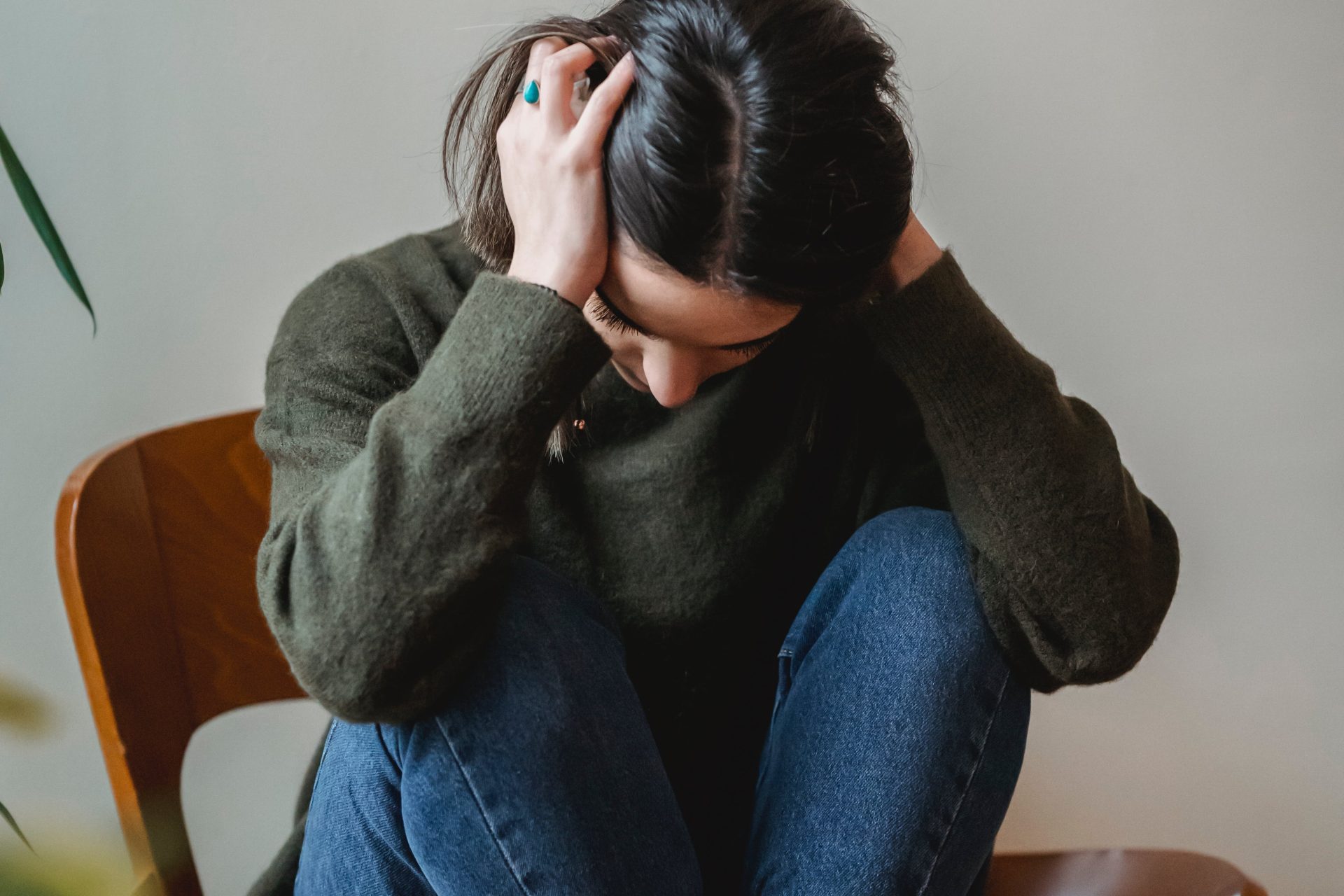According to reports, 34-year-old Louise Lansbury from the United Kingdom has suffered from a rare form of phonophobia since she was a child, which makes her unable to tolerate the sound of other people’s eating, just eating with other people will make her feel depressed and angry, but even so, she will still insist on spending dinner with her family once a year, that is, the annual Christmas dinner.
Louise says that for most people, December usually symbolizes precious time with family, but for her, just the realization of having dinner with her family was enough to make her feel anxious, noting that since she was a young girl, she had been very deaf and always felt that she was surrounded by noise. As she grew older, she realized that certain sounds annoyed her, and she became uncontrollably angry until she realized that she was phonophobic.
She said she would avoid eating with people at all costs. When someone eats, even if they are not beside her, she feels that they are eating in her ear, and whenever she encounters such a situation, she loses her temper, adding, “When I get angry, I become immature and aggressive, often running to my room and staying silent after a conflict with my siblings. She says it wasn’t easy growing up having to deal with this kind of situation all the time, but fortunately, as she got older, she learned how to deal with it. Now, when she is in a similar situation, she chooses to leave on her own without arguing with anyone.
She says her condition has left her ‘constantly on edge’, making it difficult to maintain relationships and friendships. Louise explains, ‘Everything I hear is amplified, from loud door closings, to even voices that are supposed to be quiet. …… I was constantly on edge, and my relationship with my parents and the rest of the family became increasingly distant’.
What’s “phonophobia”?
Phonophobia, also known as Misophonia, is a rare neurological disorder that refers to the condition of overreacting or having a strong emotional reaction to specific sounds. These specific sounds may include eating sounds, chewing or coughing, blowing through the nose, keyboard tapping, etc. For most people, these sounds are not pleasant to hear. These sounds may be harmless to most people, but in patients with phonophobia, they can trigger intense feelings of anxiety, anger, and even fear.
Self-testing for ‘phonophobia’
- Strong Emotional Reactions
When you hear certain sounds, do you experience strong emotional reactions such as anger, anxiety, fear, disgust, etc.? Do these emotional reactions exceed the normal range, making it difficult for you to control your emotions or affecting your daily life?
- Physical and Emotional Reactions
Apart from emotional reactions, are you experiencing any physiological reactions? For example, increased heart rate, sweating, muscle tension, shortness of breath, etc. Do these reactions occur as soon as you hear a particular sound? Do these reactions occur as soon as you hear a particular sound?
- Triggering of specific sounds
Are there specific sounds or noises that trigger an uncomfortable reaction whenever you hear them? These sounds could be lip-chewing, throat-coughing, nail-scraping, etc. Do these sounds cause you to feel uncomfortable? Do these sounds cause you to feel angry, anxious or want to escape?
- Impact on daily life
Does phonophobia seriously affect your daily life and social activities? Do you avoid certain situations or people because you are afraid of hearing certain sounds?
If you answered yes to any of these questions, you may be suffering from phonophobia. If you suspect that you have phonophobia, it is recommended that you consult a mental health professional or doctor for assessment and diagnosis. They will be able to give you more accurate advice and help based on your symptoms and personal situation.

